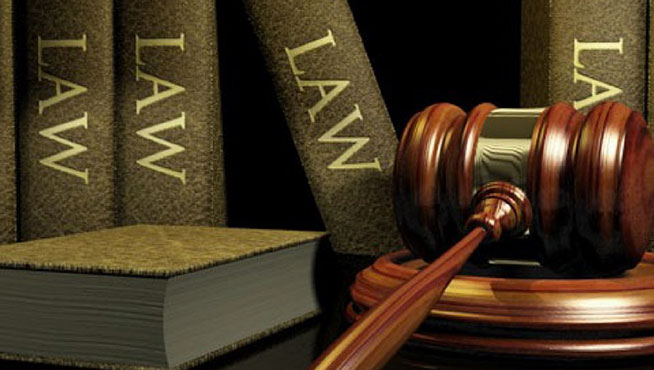

The past 12 months has seen significant changes in workplace health and safety in Australia with all states and territories with the exception of Victoria and Western Australia introducing the new WHS laws in various forms.
As a training video producer and provider, particularly in the areas of workplace health and safety, we’ve also had to examine at how these changes have impacted on our current range of training programs.
The more notable and significant changes are with certain terminology. The definition of the term “employer” which has been broadened to “a person conducting a business or undertaking” or “PCBU”
A PCBU can be a:
- Person
- A corporation
- Partners in a partnership
- Unincorporated association, whether that association be for gain or not-for-profit
The breadth of this term can best be demonstrated by the fact that if you hire a babysitter or gardener, you are now considered to be a PCBU.
The term employee has been broadened by the term worker.
A worker is anyone who carries out work for a PCBU, and even includes volunteers and work experience students.
The other change is the term officer.
Typically, Directors, managers, line managers, those people who control or influence the decisions affecting the organisation, will now be referred to as an officer under these laws, and, as such… can be held personally liable for any breaches by the organisation.
If you are an officer, achieving a high standard of due diligence requires persistent examination and care to ensure that the resources and systems of the PCBU are adequate to comply with all its WHS obligations.
Where the officer relies on the expertise of a manager or other person, that reliance must be reasonable and their expertise must be verified.
This is different to the OHS laws in the past where you had to show diligence if and when there were offences committed by your organisation.
If you wish to learn more, our Easy Guide to the new WHS Laws provides a easy to follow introduction to latest workplace legislation changes.

